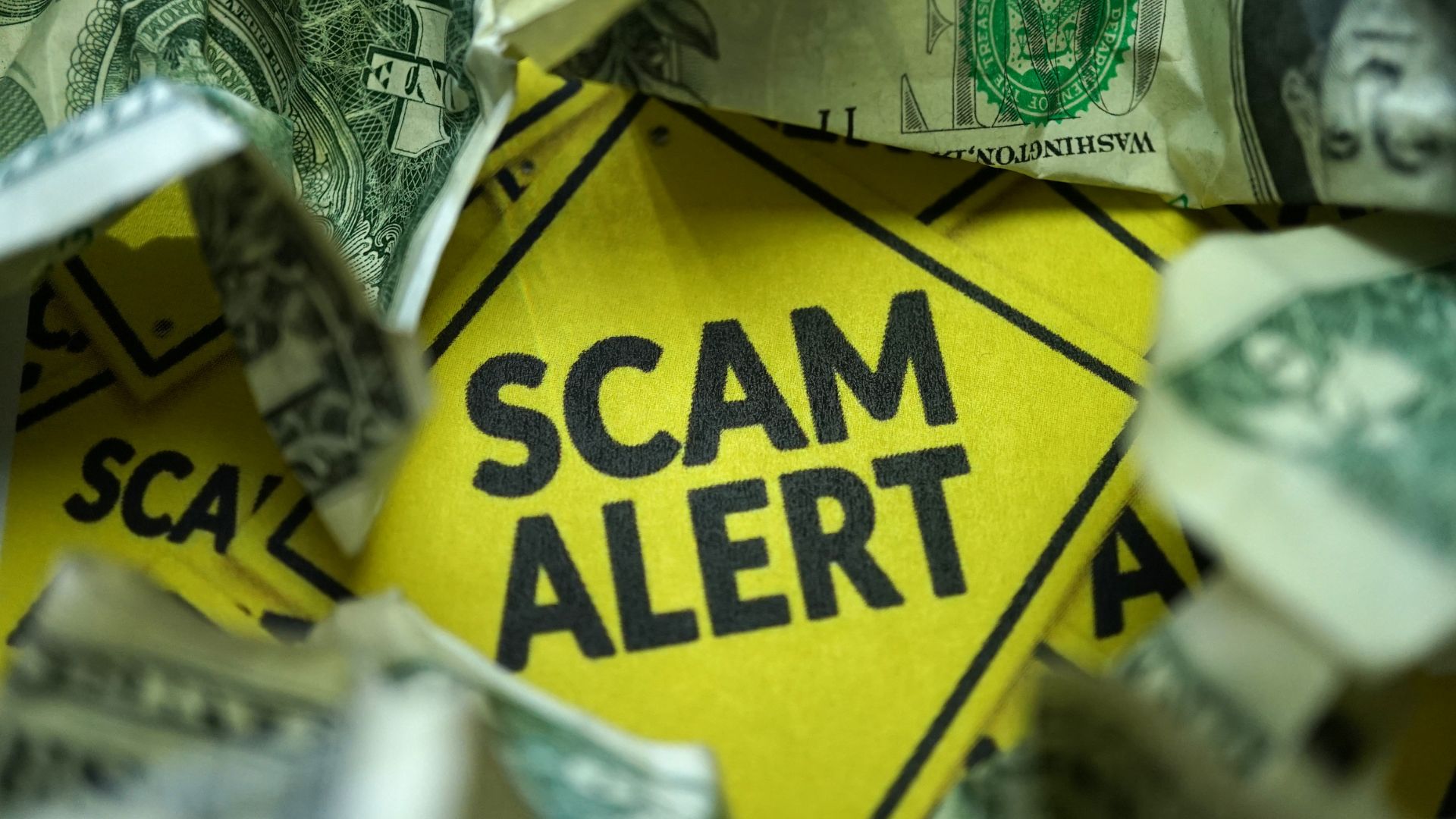The cryptocurrency exchange JPEX faced scrutiny after the Hong Kong Securities and Futures Commission (SFC) accused it of regulatory violations last month. This led to financial issues, asset transfers, and other disputes. Hong Kong police are now investigating JPEX for fraud, arresting several influencers promoting it. The case, involving HKD1.4 billion, has overshadowed the previous HK $230 million scandal by AAX. What led to JPEX’s dramatic downfall?
On 13 September 2023, the SFC raised eyebrows with a statement titled, “Warning Statement on Unregulated Virtual Asset Trading Platform.” The report singled out JPEX for its aggressive promotion strategies, especially through social media influencers and over-the-counter (OTC) cryptocurrency exchanges, and pointed out that JPEX had been operating without a license from the SFC.
The Fall of JPEX
Following the SFC’s warning, panic ensued. Users reported being unable to withdraw their assets for over 16 hours. When they could, they faced withdrawal limits of a mere 1,000 USDT, with almost 99% of that amount taken as fees. The value of JPEX’s native token, JPC, plummeted, only to surge by 35% within 10 minutes.
By 16th September, the police were involved, suspecting JPEX of fraud. Meanwhile, JPEX claimed they were being “unfairly treated,” leading to their funds being frozen by third-party market makers. They promised negotiations and a return to “normal” withdrawal fees.
Two days later, the police arrested several influencers, including Jo Lam and Chan Yee, who had been actively promoting JPEX on social media and operating their own OTC services. Their offices and cryptocurrency exchange outlets were searched. The police had received at least 83 reports suspecting fraud involving a sum of around HKD 34 million.
Then, the net widened. Between September 26th and 28th, Hong Kong and Macau authorities seized approximately HKD 24 million and arrested four more suspects in a joint action, bringing the total number of arrests to 18. Among them were celebrities, influencers, OTC managers, and staff—all Hong Kong residents.
According to blockchain transaction records from Arkham Intelligence, from September 13th onwards, JPEX saw an inflow of USD 180 million. However, 90.6% of this value came from their volatile JPC token, suggesting an inflation of their wallet balance. Excluding the JPC value, JPEX’s wallet had a net outflow of USD 11.37 million, indicating that funds were being dispersed to other blockchain wallets.
A Lesson in Greed and Oversight
Hong Kong’s Chief Executive, Lee Ka-chiu, expressed deep concern over the JPEX incident, emphasizing the importance of regulation and investor education. The question remains: What can investors learn from the JPEX scandal?
Since its inception in 2021, JPEX’s marketing has been omnipresent. By August of the same year, they had launched their JPC token, which saw dramatic price fluctuations. Their aggressive advertising campaigns, collaborations with listed companies, and partnerships with KOLs and OTCs painted a picture of legitimacy and success.
However, the SFC had already flagged JPEX in 2022, listing it among “unlicensed companies and suspicious websites.” Despite warnings, JPEX continued its operations, even collaborating with more controversial Hong Kong influencers.

The masterminds behind JPEX remained faceless, with the company even stating on its website, “We have no entity, no person in charge.” Yet, despite the lack of transparency, investors were lured by unrealistic returns. Some victims admitted they were aware of JPEX’s dubious nature but believed they could profit and exit unscathed.
The JPEX scam primarily revolved around influencers and OTCs. These influencers flaunted luxurious lifestyles, promising “low risk, high returns.” OTCs persuaded customers to invest in JPEX, offering discounts and promoting the JPC token. The main attraction? A 19% annual interest rate on staked JPC tokens. From this, we are reminded of the age-old wisdom: if something seems too good to be true, it probably is. Always approach such “golden” opportunities with skepticism.
Conclusion
The JPEX debacle serves as a stark reminder in the digital finance realm: high returns often come with high risks. While technology offers unprecedented opportunities, it also paves the way for sophisticated deceptions. As investors, it’s crucial to scrutinize the transparency and credibility of platforms, especially when offers seem overly favorable or overly optimistic.




